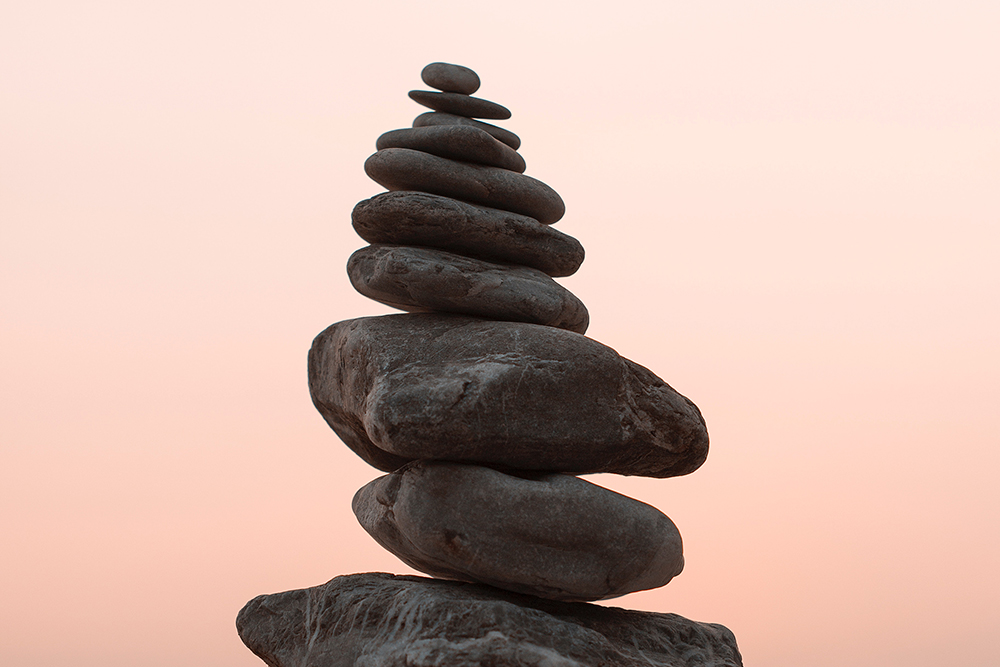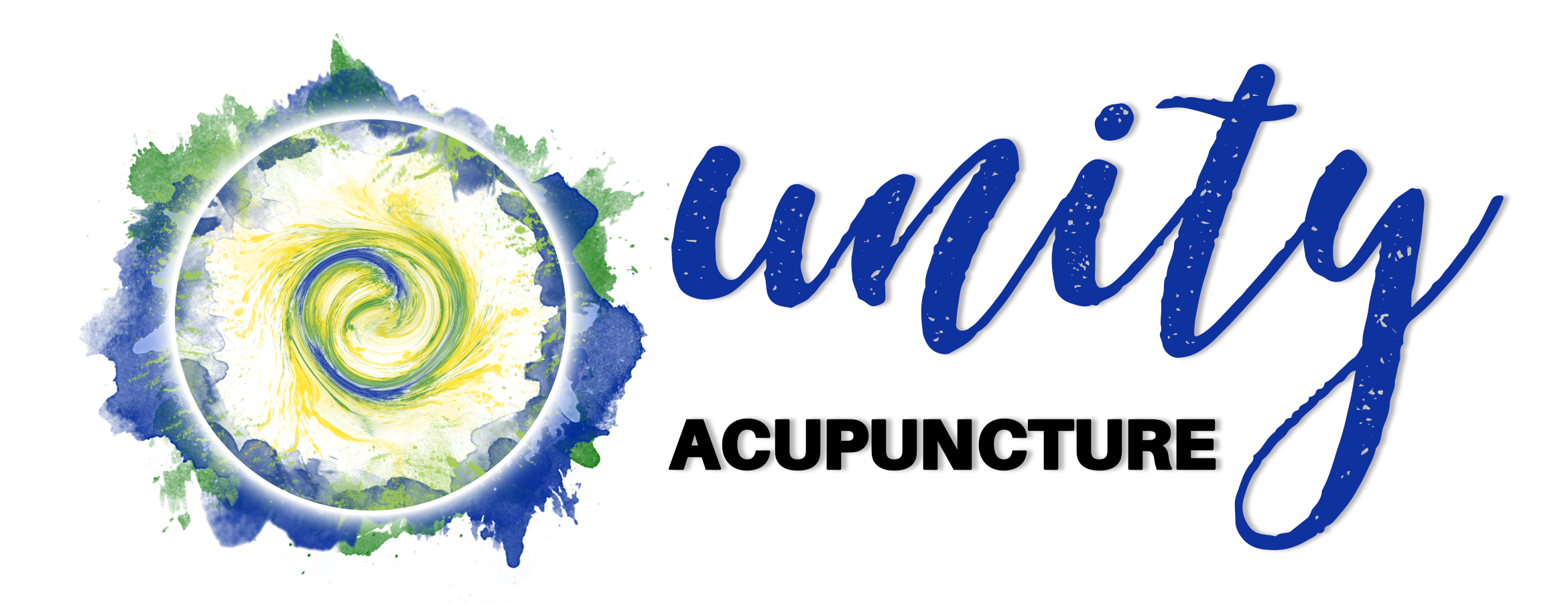
Two Concussions
In December of 2014, a few short months after I graduated from my acupuncture graduate program, I suffered two concussions 3 weeks apart – one on the back left side of my head from hitting the corner of a bookcase, the second on the back right side of my head from slipping and falling on the ice.
Strange Symptoms
I didn’t think anything of them when they happened, but looking back, after the first hit on the bookcase, my main symptoms were depression and a change in personality. Before I hit my head I was silly and light-hearted most of the time and after, I became pessimistic and bitter most of the time, so much so, that my friends started calling me Aggro Girl, as in aggressive or agitated.
It wasn’t until a week after the second concussion that I realized I had had concussions in the first place.
I had headaches that would last all day, frequent dizzy spells, emotional outbursts of crying or anger, and even continuing to hit my head on car doors, bookcases, and headboards. I would also have overwhelming sensations of confusion and disorientation especially in crowded and busy places. One time I was at the checkout counter at a store and the clerk told me the amount I needed to pay, and I could count the money I had in my hands, but I could not figure out how much money I needed to give him.
I started getting acupuncture, chiropractic, and brain balancing work, but didn’t seek help from western medical doctors because I knew they wouldn’t really be able to help aside from prescribing medications.
After attempting to push through all my symptoms for 6 months (because I’m a single mom, and I was managing a boutique store, and I got things to do!), I finally hit a breaking point.
I showed up to work one day and couldn’t stop crying, and any movement sent a wave of extreme dizziness and terror through my entire body.
The Hospital
I was sent to the ER where they gave me lot of meds, dismissed a lot of my symptoms, ignored the fact I had a two concussions several months prior, asked me several times how much marijuana I had been smoking (fyi: none), ran a CT scan that came back normal, and then sent me on my way with the diagnosis of benign positional vertigo. Thanks for nothing.
But out of this I was referred to another doctor who had suffered a stroke during medical school and she was also a mom.
It felt nice to talk to someone who didn’t think I was crazy, or lying, or high. She told me I was lucky I didn’t die and she helped significantly with the positional vertigo. The best part was she offered helpful advice and suggestions for minimizing the triggers for my sensory overload (that’s why I was crying all the time!) and told me I was experiencing post-concussive syndrome.
Knowing all of that was a high relief and I finally felt like someone understood me.
Recovery
I got acupuncture every week, sometimes several times a week. I also did quite a few hyperbaric chamber treatments and switched up my supplement routine to make sure my brain was being supported in every way I could. I also quit my job managing the store and got a nice mellow quiet job doing massage at a clinic in Denver. Minimal screen time and minimal distractions was exactly what I needed to get better.
I also had to make significant changes in what I was eating – or not eating to be more precise. I wasn’t eating enough of the foods my brain needed to be healthy and I was literally starving my brain. This was contributing to why I was having frequent sensory overload issues, crying in the grocery store, and needing to sleep 12-15 hours at a time at 6 months out.
By resting my brain and minimizing the mental demands on my day to day life, I was able to recover fairly quickly and by 8 months after my ER visit I was studying to take my acupuncture board exams. I became a Diplomat in Acupuncture on July 7th 2016 and I officially got my acupuncture license on August 1st 2016. An accomplishment that I am very proud of.
Three Years Later
December 2017 was the 3 year anniversary of my TBI, and it’s been quite the journey filled with struggle and triumphs and everything in between. My kids have struggled through with me and they’re my greatest supporters. Their dad has been wonderful and supportive, and my mom has been there all the way as well.
When people ask me how I am now I say I am 98% better.
I still have bad days and lingering symptoms, but I’ve come a long way from where I was. I still have to moderate screen time and make sure I’m eating. There are some things that will never be the same as they were pre-brain injury, but I’m happy with the new life I’ve been able to create out of such a significant, life-impacting injury.
Her tips for recovering from TBI:
- Minimize all screen time, including cell phones, apps, tablets and TV’s. An analog life is exactly what your brain needs to slow down and recover. Learn to draw, knit, paint, woodworking.
- Get enough sleep. Don’t be afraid to sleep in. Being able to wake naturally is very important to brain recovery.
- If you have big plans for a day or weekend think ahead to how you might need to recover after through sleep, quiet time, and nourishing food.
- In the time right after a concussion take breaks in activity and use naps throughout the day to support your brain recovery.
- Consider taking supplements that help the brain’s natural neurotransmitters. Things like omega oils, Magnesium, Gabba, 5-HTP, vitamin D, and Bach Flower Essences, among others can all be helpful in your recovery.
- Allow yourself to mourn and grieve your pre-brain injury self. This is normal process that isn’t often addressed in TBI recovery. The most frequently asked question TBI survivors ask is, “when will I get my life back? When will I feel like myself again? ” From my own personal experience, and from reading and hearing the experiences of others, you may never get your old self back. Grieving your old self is a natural and critical part of the TBI healing process. I am not the same person I was pre-TBI. There are parts of my life and my kids’ life that I don’t remember. There are things that I can no longer do. But my healing journey included grieving the old Miranda, and then creating who I am now, re-learning the things I can do now, and accepting all of this as part of the process.
